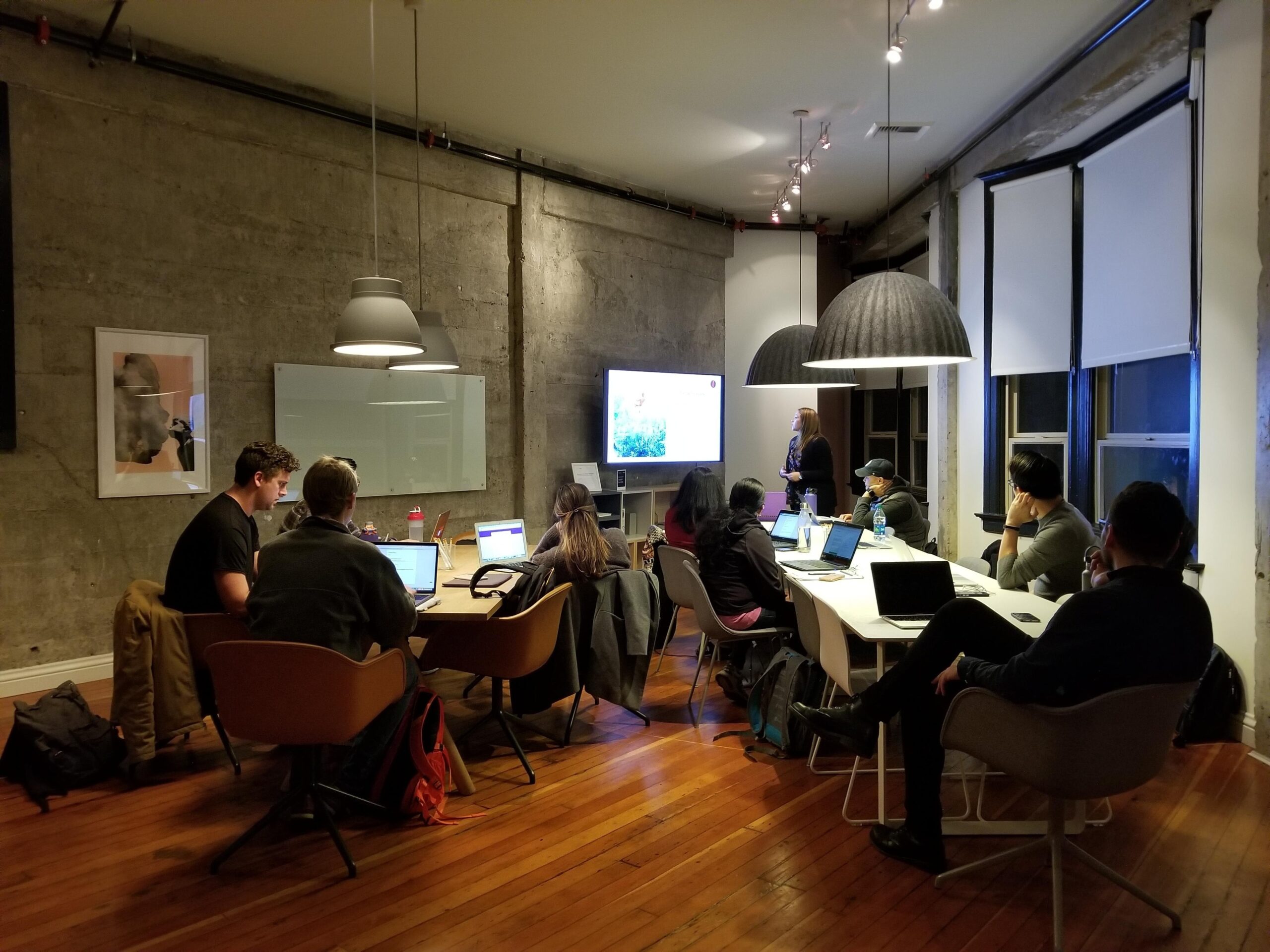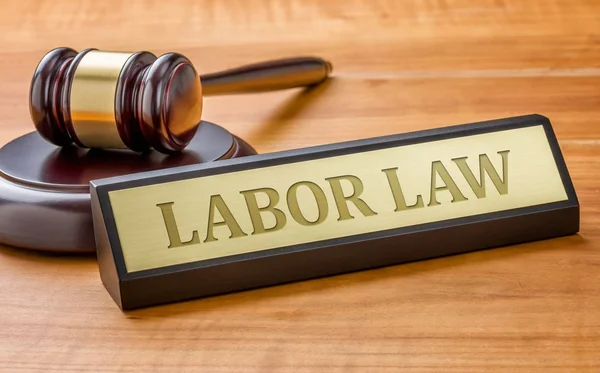Navigating the Evolving Landscape of Workers' Rights
Introduction
Labor law policies play a pivotal role in shaping the relationship between employers and employees, ensuring fair treatment, just wages, and safe working conditions. These policies are the cornerstone of a balanced and harmonious work environment, fostering economic growth and social welfare. As the global economy evolves, labor laws must adapt to address emerging challenges, technological advancements, and changing workforce dynamics. In this article, we will delve into the significance of labor law policies, explore key principles, and analyze their evolution in response to contemporary trends.
- Foundations of Labor Law Policies
Labor law policies stem from the need to establish equitable conditions for workers, preventing exploitation and ensuring their fundamental rights. Historical labor movements, such as the Industrial Revolution, laid the groundwork for the establishment of labor laws, as workers protested against hazardous conditions, excessive working hours, and meager wages. The fundamental principles underlying labor laws include:
- Right to Collective Bargaining: Workers have the right to form unions and negotiate with employers collectively, ensuring their voices are heard in matters of wages, working hours, and workplace conditions.
- Minimum Wage: Labor laws often mandate a minimum wage to protect workers from receiving wages that are insufficient to maintain a decent standard of living.
- Workplace Safety: Employers are obligated to provide a safe and healthy working environment, minimizing risks to the physical and mental well-being of their employees.
- Anti-Discrimination: Labor laws prohibit discrimination based on factors such as race, gender, religion, and disability, ensuring equal treatment and opportunities for all employees.
- Termination Protection: Regulations govern the process of hiring and firing, preventing arbitrary dismissals and promoting job security.
- The Changing Landscape: Labor Law in the Digital Age
The advent of technology and the rise of the gig economy have introduced new challenges to labor law policies. Freelancers, independent contractors, and platform workers often fall outside traditional employment categories, raising questions about their legal protections. As a result, labor laws must adapt to provide these workers with adequate rights and benefits while maintaining flexibility for both employers and employees.
- Worker Classification: Determining whether a worker is an employee or an independent contractor has significant legal implications, impacting entitlements such as minimum wage, overtime pay, and access to benefits.
- Digital Platform Work: Labor laws must address the unique nature of work facilitated by digital platforms, ensuring workers have access to social protections while preserving the flexibility these platforms offer.
- Data Privacy and Surveillance: As technology allows employers to monitor employees more closely, labor laws must strike a balance between ensuring workplace privacy and allowing legitimate monitoring for security and productivity reasons.
III.
Globalization and International Labor Standards
In an interconnected world, labor law policies have implications that extend beyond national borders. International organizations like the International Labour Organization (ILO) set guidelines for labor rights, and nations often collaborate to establish uniform standards. However, disparities in economic development and political ideologies can lead to varying levels of commitment to these standards.
- Sweatshops and Supply Chains: Global supply chains raise concerns about labor exploitation in countries with lax labor laws. Efforts to ensure ethical and responsible production involve pressuring companies to uphold labor standards throughout their supply chains.
- Migration and Labor Mobility: International labor migration necessitates policies that protect the rights of migrant workers, preventing their exploitation and ensuring fair treatment.
- Addressing the Future: Trends and Challenges
The future of labor law policies will be shaped by ongoing social, economic, and technological transformations. Several trends and challenges will influence their development:
- Automation and AI: As automation and artificial intelligence reshape industries, labor laws must address the potential displacement of jobs, the retraining of workers, and the ethical implications of technology in the workplace.
- Work-Life Balance: The blurring of boundaries between work and personal life due to remote work and digital connectivity calls for regulations that safeguard employees' right to disconnect and maintain a healthy work-life balance.
- Environmental Sustainability: Labor laws are increasingly intersecting with environmental concerns. Policies may need to address the transition to green industries and the impact of certain jobs on climate change.
- Skills Development: Rapid technological changes require continuous skills development. Labor policies should support lifelong learning initiatives to empower workers to adapt to evolving job requirements.
Conclusion
Labor law policies stand as a cornerstone of equitable and fair workplaces, safeguarding the rights and well-being of employees across diverse industries and regions. As societies evolve, these policies must evolve as well, striking a balance between the needs of workers, employers, and the broader economy. By embracing new technologies, addressing emerging challenges, and maintaining a commitment to fundamental principles, labor law policies can continue to shape a more just and prosperous future for the global workforce.

